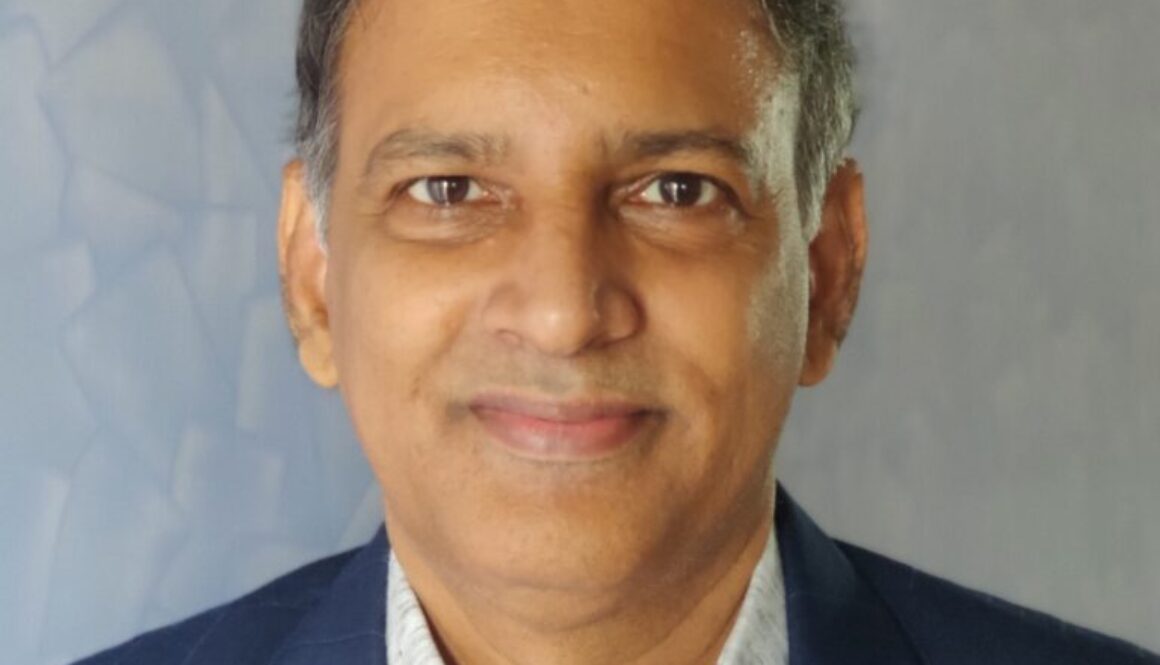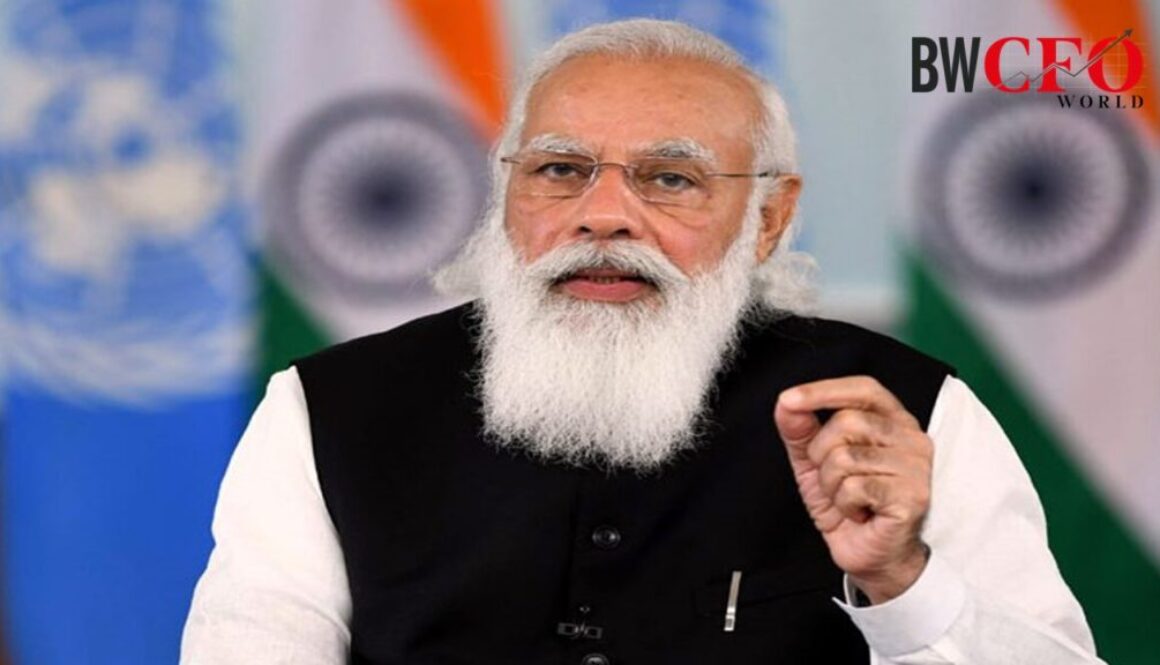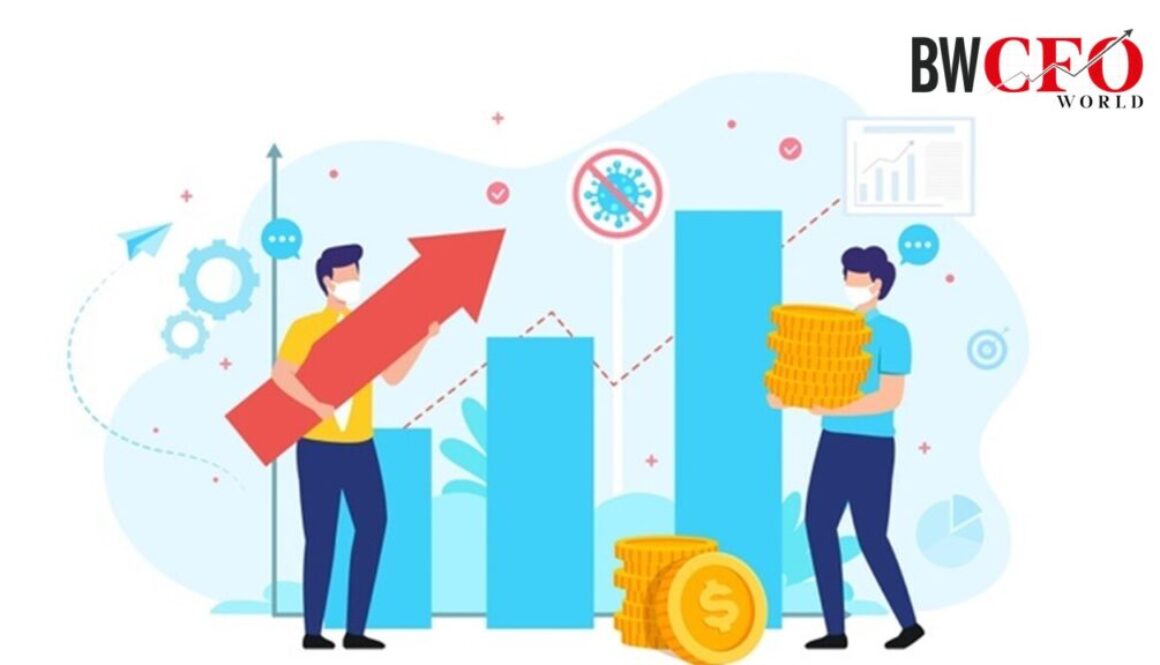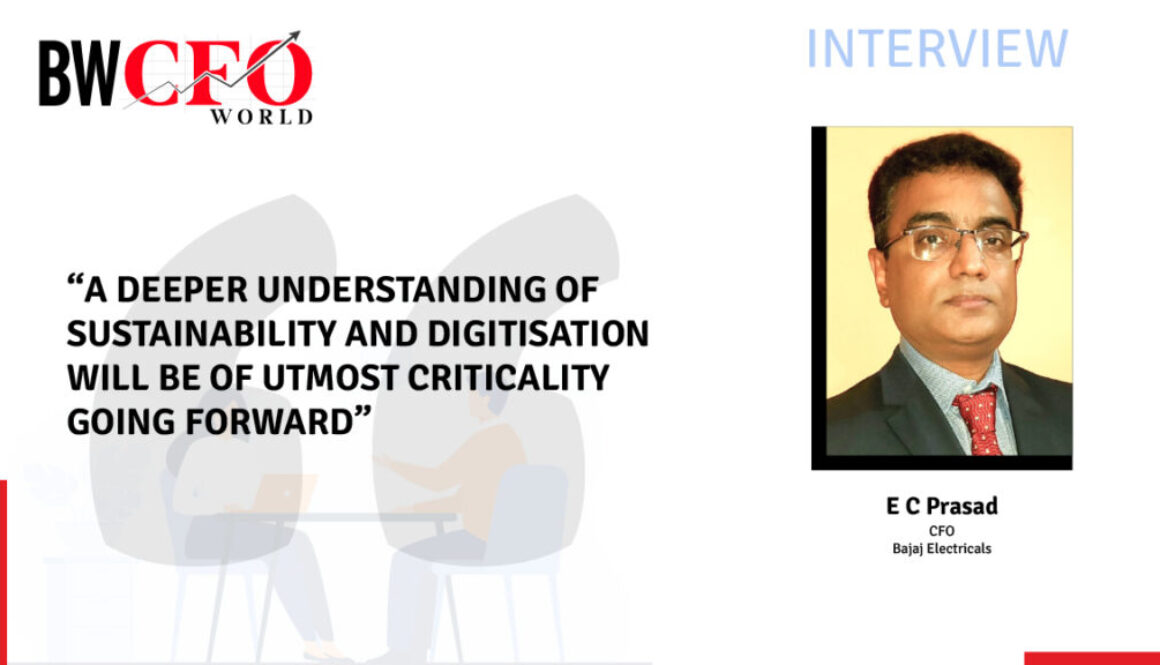Leading with empathy is the correct mantra for success
“What I learnt personally is that our job is not just limited to managing affairs as a CFO but also to having a heart in the business and understanding what the ecosystem is expecting from us. How do I loosen my purse so that everyone can run their families and businesses in an uncertain environment? One has to put themselves in others’ shoes.”
American Industrialist Henry Ford had rightly said – “If there is any one secret of success, it lies in the ability to get the other person’s point of view and see things from his angle as well as your own”. Rising above just commercial transactions and being empathetic towards the work ecosystem is not everyone’s cup of tea, but this is what Chandrasekar K, CFO at Page Industries (exclusive licensee of Jockey and Speedo), loves to engage in.
Speaking exclusively to BW Businessworld, Chandrasekar discussed in length a wide range of topics, including the challenges he faced as a CFO during the pandemic, the shift to digital, the focus on sustainability, and future organisational goals.
Successfully tackling the pandemic woes
Chandrasekar, who has been working across countries and industries for more than three decades, underlined that he never witnessed any challenge as massive as what was caused due to the coronavirus pandemic. He said, “I have been working since 1988, and I have never witnessed anything like this pandemic in my life. The past couple of years have been particularly unique for CFOs as well as business leaders.”
Like any other CFO, Chandrasekar faced a plethora of challenges during the pandemic. While several business operations across the world closed down or witnessed a decline in revenue, Page Industries witnessed its “best 4 quarters” within this period, and there are several reasons behind its success. Chandrasekar spoke about the few major challenges that he faced during the pandemic.
He said, “One intimidating challenge was coping with the increased volatility in demand, and frequent disruptions on the supply side. The vendors were either not funded adequately or some labourers were forced to migrate back to their native villages. Our manufacturing capabilities were severely impacted. At Page Industries, 70 per cent of all that we produce and sell is in-house, while 30 per cent of it is outsourced. The prices of raw materials spiked up by 20 per cent due to inflation in the past year, as the virus also took its toll.”
Chandrasekar had the ardent task of tackling all these challenges at once. There were several questions to which he had to find answers quickly. He recalled, “Questions including how to establish better connections with the vendors, how to support them to pay their wages, even their taxes which they are unable to pay, had to be answered.”
Chandrasekar commented that even during the grim situation amidst the global pandemic, the management ensured that all the employees were paid in full. He said, ” In April 2020, when the pandemic struck first, and there was no vaccine or healthcare, we still paid all our employees in full, though our production and sales were at minimums. We made a conscious decision to hit rock bottom based on our value systems. Our cash reserves were dwindling every single day, and questions such as how the company would survive came to our mind.”
However, this support for the business partners paid back to Page Industries when the pandemic gradually began to fade away. As Chandrasekar pointed out, “As a result of our support, when the lockdown was lifted, the business partners supported us – the vendors, channel partners, distributors, retailers, and even the employees came back to join us. With Page, they knew they had a job and they would not be abandoned in times of crisis.”
Chandrasekar recaptured that the past 2 years have provided him with the right template for handling this business going forward. He said, “What I learnt personally is that our job is not just limited to managing affairs as a CFO but also to having a heart in the business and understanding what the ecosystem is expecting from us. How do I loosen my purse so that everyone can run their families and businesses in an uncertain environment? One has to put themselves in others’ shoes.”
When times change, so must we
With time, everything has to change, or else perish. Chandrasekar faced the same challenge with the advent of the pandemic. The question ahead of him was how a manufacturing company in the premium apparel segment would adapt to the emerging concept of Work from Home (WFH).
Chandrasekar highlighted, “We knew this was a huge storm, and we decided to order laptops for everyone. For the past 2 years, the entire corporate office has been functioning from home. For those employees who went to their villages, and whose internet connectivity was a bit weak, we provided them with dongles. And soon, all of them were digitally enabled.”
The focus also went on how much of their business processes were digitally-enabled, where Page Industries had lagged. Chandrasekar pointed out, “Earlier, one was receiving vendors’ invoices on paper, GRMs from the store, and searching for signatures, even cash used to work. With the pandemic, we soon realised we were not in the game.”
The organisation quickly geared itself to adapt in line with the demands of the time.
Chandrasekar explained, “Whatever business was taking place – a meagre of 20 to 50 per cent of what we used to do before the pandemic, we were still required to serve the customers and deliver goods at their doorsteps. We needed to ensure that all the financial and commercial processes of payment were digitalized. We learned fast, and now our employees are far more productive and happy because they save at least a couple of hours in commuting, have flexible working hours, and deliver far more.”
Transformation is the mantra for success
Transformation is the key to surviving in business, and the same is true for Page Industries. Chandrasekar said, “We have survived and flourished in business only because of transformation. Our partners rely on us because we have transformed our approach and digitised our business assets, including e-commerce and offline stores.”
Page Industries is now even more focused on customer-centricity to successfully cater to the demands of their clients and is much more focused on the online audience. Chandrasekar commented, “We have to ensure a continuous supply. In the premium apparel sector, clients rely on brands that can keep delivering the same quality. In the pre-pandemic days, our e-commerce revenue was limited to just 3-4 per cent, but now we are securing about 9-10 per cent of our revenues through e-commerce.”
Chandrasekar underlined that the buying pattern and preferences of customers have also changed, forcing us to change ourselves. He explained, “Unless and until you are in the market with the choice of product that the customer wants, and the back-office systems do not have the products that match their requirements, one will miss their sale and the customer will go to someone else.”
Similarly, one needs to be very understanding while dealing with the vendors too. The focus should not be limited to engaging in commerce but also to understanding their point of view. Chandrasekar commented, “Be extremely sensitive to vendors’ opinions, provide them visibility, and not just give them orders for a month and penalise them if they fail to deliver, but understand and empathize. Provide them with the necessary visibility of your orders for the next 6 months, and coordinate accordingly.”
“Transform your approach towards employees, vendors and then gauge what they expect from you, and that can only happen when you receive feedback,” he added.
Technological solutions will play a key role in the upcoming future
Organizations have massively invested in technology following the outbreak of the pandemic. The same has been the case with Page Industries. Chandrasekar said, “In the pre-pandemic days, I would have rated my organisation 3 or 4 on a scale of 10 as far as the use of technology is considered, and in the post-pandemic period, I can comfortably give it a 6 or 7.”
The pandemic expedited the process of using technological solutions more efficiently to connect the last mile and digitize.
Chandrasekar commented, “We have implemented many solutions, including Vinculum for B2B e-commerce. We have implemented JDA (erstwhile Blue Yonder), one of the best supply and demand planning solutions. One can only sell when the right garment is in the store, at the right time, and in the right place. Though this is a complex algorithm, we brought in a lot of data analytics to better understand the demands at specific stores across specific geographies and accordingly produce the raw material.”
He continued, “We are also keen to take the help of SAP4/HANA (enterprise resource planning system), and increasingly focus on cloud and SaaS-based solutions. Even for mundane tasks such as labelling individual packs that one is selling to consumers or bulk packs you are using to sell to your distributors, labels are now created with the help of a SaaS solution called NiceLabel.”
Going forward, Chandrasekar said that, Page Industries will invest a lot in the front-end and back-end as well as core ERPs. He mentioned that they do not possess the ultimate consumer data as the last mile is not connected yet. He explained, “As a business model, we are manufacturers and distributors, Page Industries sells to distributors, who in turn sell to retail outlets, multi-brand, or exclusive brand outlets. So when a consumer walks into a retail store, we don’t have that data yet.”
Making the environment a better place
Sustainability means being focused on evolving the business model to deliver profitable growth while minimising the impact on the environment and utilising the tools available to us to bring positive change across the supply chain. Chandrasekar is very deeply connected with the idea of sustainability and the Page Industries vision statement.
He highlighted that at Page Industries, more than a quarter of investors are from foreign lands, and there has been a lot of awareness of environmental, social, and governance perspectives.
Chandrasekar said, “There is a great deal of pride at all the operating levels at the manufacturing units, warehouses, etc. as they are doing something which is not just limited to economic performance but also favours the environment, such as conserving water and less energy consumption.”
Chandrasekar mentioned that Page Industries has taken several measures to make the environment much cleaner and they are certain to achieve their targets within 2-3 years.
He underlined, “Page Industries has committed to a reduction of 20 per cent of greenhouse gas emissions and a 150 per cent increase in biomass consumption. The organisation has committed that they will spend 90 per cent of their budget on local procurement of raw- materials. The majority of the total packaging material consists of plastic, so we have decided to embark on a journey where 60 per
cent of their total packaging materials will be recycled. Also, we have achieved 82 per cent recycling of wastewater as well as a 4 per cent reduction in fresh-water consumption in FY 2020.”
Chandrasekar added the fact that they have implemented an Oeko-Tex certificate for all the critical fabric suppliers. He said, “87 per cent of our fabric suppliers are Oeko-Tex certified.”
Chandrasekar underlined that Page Industries is blessed with diversity and equal opportunity as well. We have an 80% female workforce to date, and the majority of them are working in manufacturing and corporate units. We have a retention rate of 91%, which we are constantly trying to improve,” he said.
You can’t improve something if you can’t measure it
As British mathematician Lord Kelvin rightly said, if you cannot measure it, you cannot improve it. The same goes true for all business operations as well. Chandrasekar is a keen believer in the fact that only measurement can make way for improvement.
Chandrasekar opined, “Currently, I am paying attention to our expenditure on advertisements, schemes, labour efficiency, and ensuring that every penny we spend is connected to some business result-either in terms of production, sales, or establishing strong connections. In that sense, I think that whatever is not measured will never improve, so a lot of measurements have been introduced in the last 2 years across the board. For instance- the number of minutes to process a payment, how much time a person is taking to approve a purchase order, how many people are there in the chain, and how much value do they add. We are looking at all the activities very minutely.”
Chandrasekar mentioned that he is highly passionate about using technologies in processes such as O2C, R2R, and P2P.
He said, “We have introduced automation in bits and pieces, especially in areas which are largely driven by business priorities. Going forward, I am planning to implement RPAs, (Robotic Process Automation), which work seamlessly and provide higher efficiency without any human intervention. From a CFO and CIO perspective, these measures will deliver significant results for our stakeholders as well as our organizati








